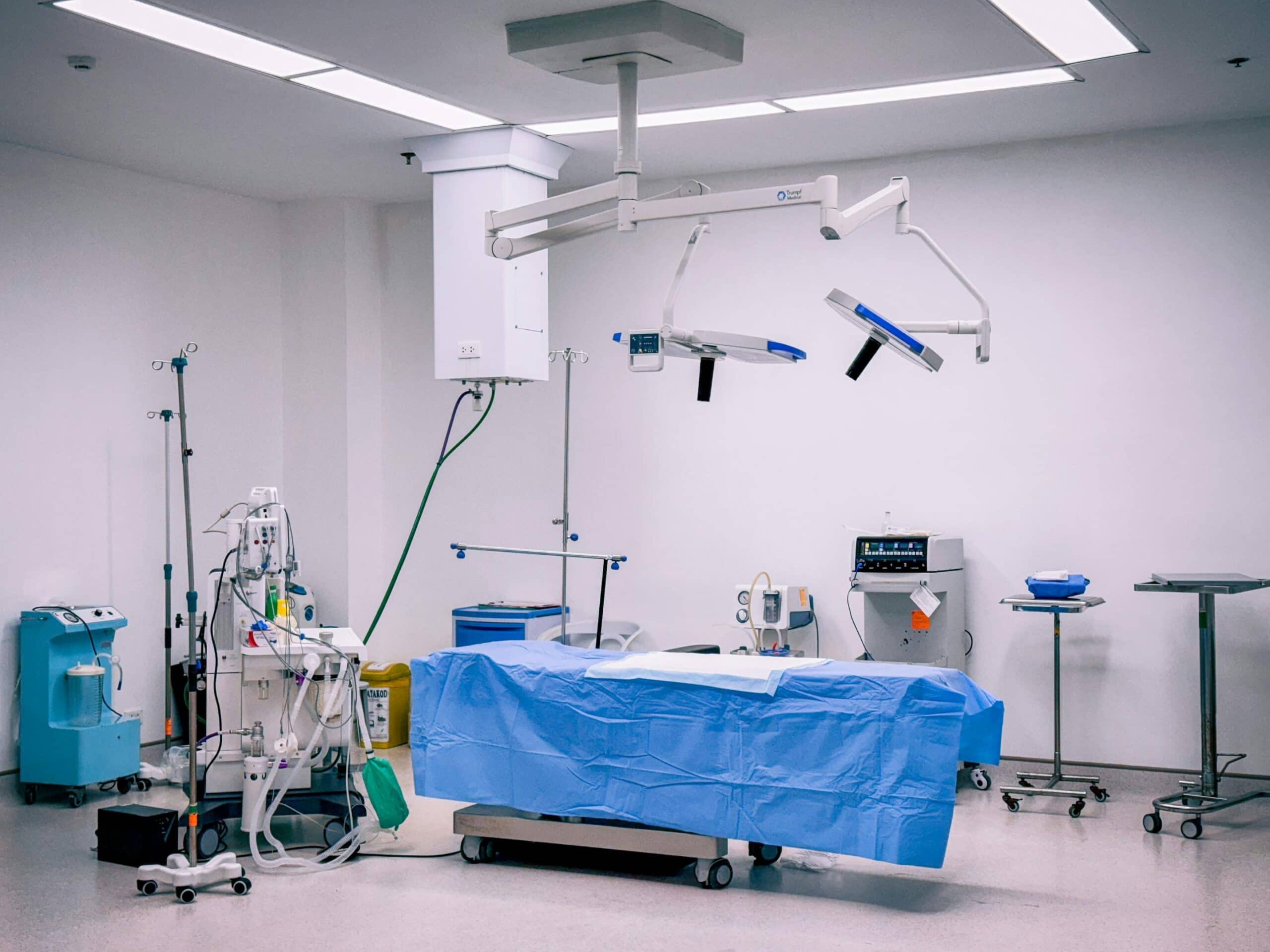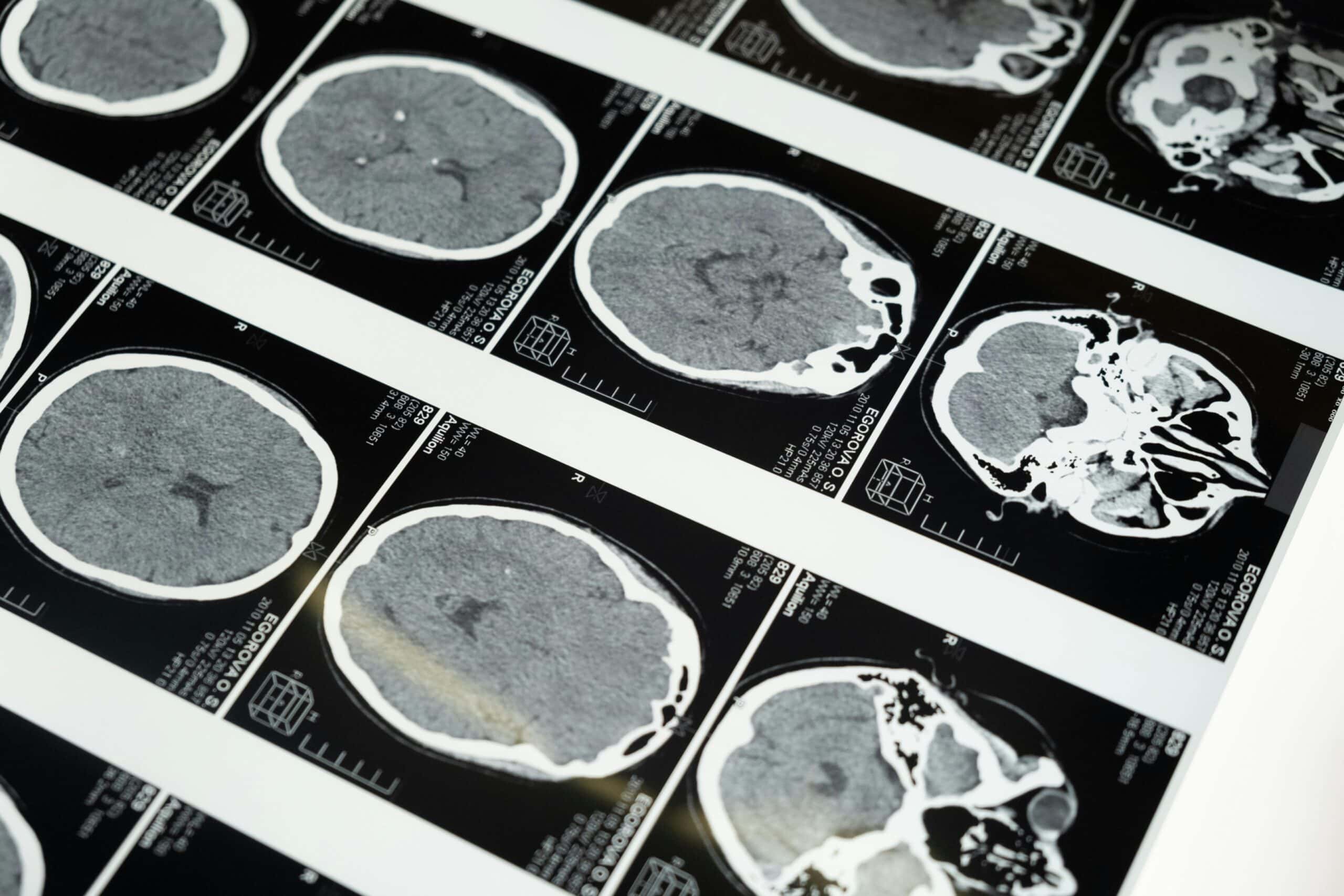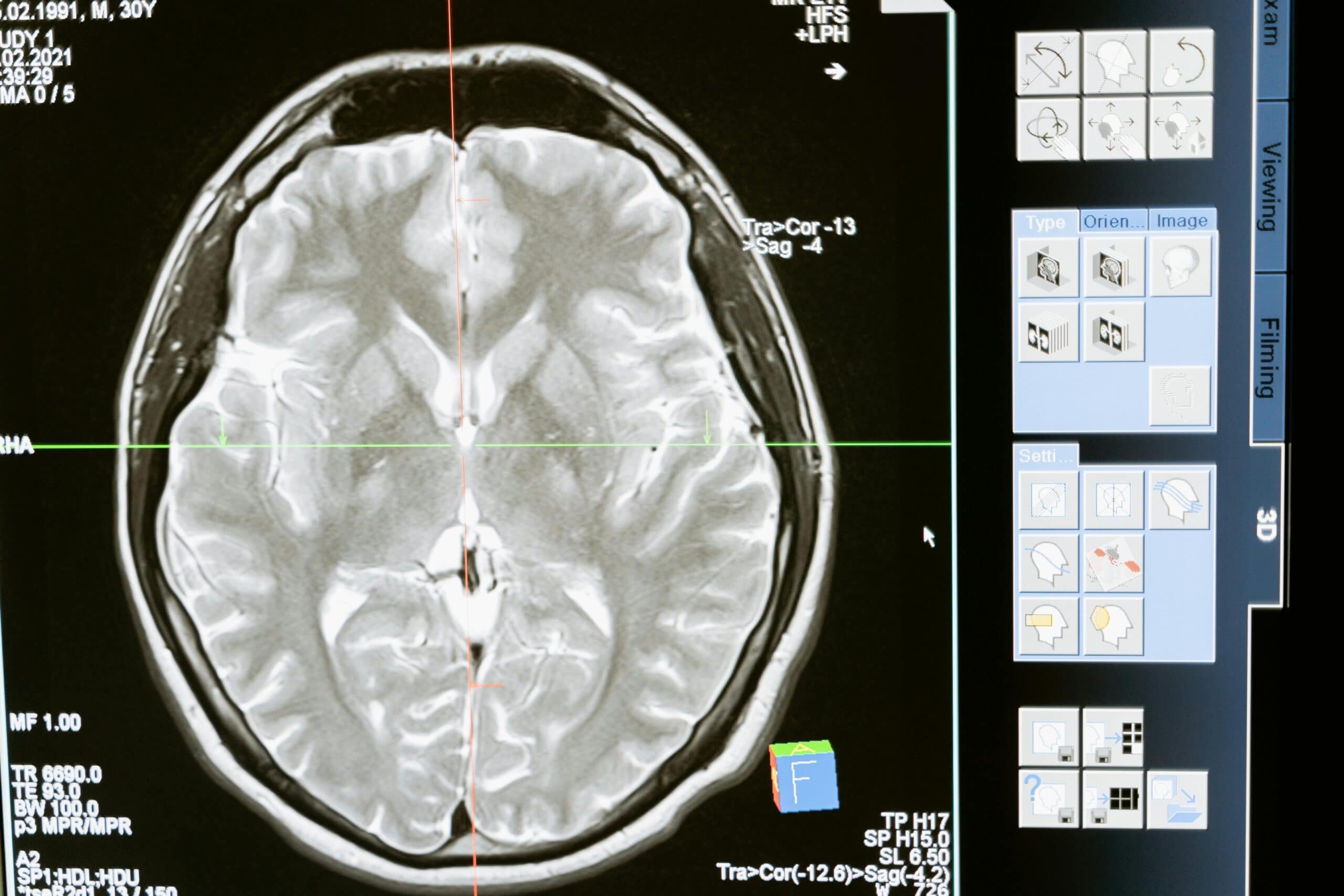While traumatic blows, slip-and-fall injuries, and severe automobile accidents often cause brain injuries, medical malpractice also leads to brain injury. The extent of damage it does to you depends on how minor or severe the injury is.
These brain injuries can go from mild cognitive to physical impairment and can even lead to death. Individuals who survive these brain injuries are left to deal with the psychological, emotional, and physical impact for the rest of their lives.
Let’s dive deeper into the brain injuries caused by medical malpractice.
Brain Injuries Caused by Medical Malpractice
Brain injuries caused by medical malpractice can occur in a variety of ways, including:
- Lack of oxygen: If a patient’s brain is deprived of oxygen for an extended period, it can result in brain damage or even death. It can occur during childbirth, surgery, or other medical procedures.
- Misdiagnosis or delayed diagnosis: A delay in diagnosing a brain injury or a patient’s stroke can lead to further damage and complications.
- Surgical errors: Surgical errors can include performing the wrong procedure, operating on the wrong body part, or leaving instruments or other foreign objects in the patient’s body.
- Medication errors: Administering the wrong medication or incorrect dosage can cause severe brain damage.
- Anesthesia errors: These commonly occur during surgical procedures, leading to brain damage and, in worst-case scenarios, death.
The abovementioned brain injuries come under two main types:
Traumatic Brain Injury
In a TBI, damage to the brain is caused by external factors. These can be a violent jolt or a blow on the head. For example, during childbirth, an infant might suffer from traumatic brain injury due to the mishandling of forceps on the doctor’s part. Mild traumatic brain injuries can result in a concussion, while a more severe type can lead to axonal damage. A few forms of traumatic brain injury can lead to severe bleeding in the brain or hemorrhaging.
Non-Traumatic Brain Injury
Non-TBI is triggered by inner factors such as inadequate oxygen to the brain, a severe infection, or a tumor. Cerebral anoxic brain injury, where the brain gets zero oxygen supply, and cerebral hypoxic brain injury, where there is reduced oxygen supply, are the two most harmful brain injuries that have permanent results. A specialist who doesn’t recognize a tumor, medication, and anesthesia errors are also a part of non-traumatic brain injury.
Side Effects of Brain Injuries Cause by Medical Malpractice
Brain injuries caused by medical malpractice and negligence can lead to long-lasting side effects that are often unbearable for the victim. The effects of a brain injury severely impact four major areas of an individual’s life. These include:
- Intellectual
Individuals with brain injuries will likely struggle to remember things and have mild cognitive issues.
- Sense
Brain injuries can mess with the victims’ sensory experiences, blur vision, and causes issues with hearing.
- Interaction
Victims might develop speaking issues. They may lack the ability to speak to others or process what they say as they did earlier.
- Feelings
The emotional impact might just be the worst of all. Individuals might undergo moments of misery and depression or behavior issues such as aggressive behavior or the inability to communicate with others.
If you suspect that you or a loved one has suffered a brain injury due to medical malpractice, it’s important to seek legal advice as soon as possible, as there are statutes of limitations for bringing a claim. A medical malpractice lawyer can help you understand your rights and options for seeking compensation for your injuries.
The Bourassa Law Group understand how difficult it could be for an individual to sustain brain injuries that cause a lasting impact on their life. Our legal team will thoroughly investigate your case and provide evidence that indicates how greatly your income and career have been affected.
Call us at (800) 870-8910 for a FREE consultation for your case.





